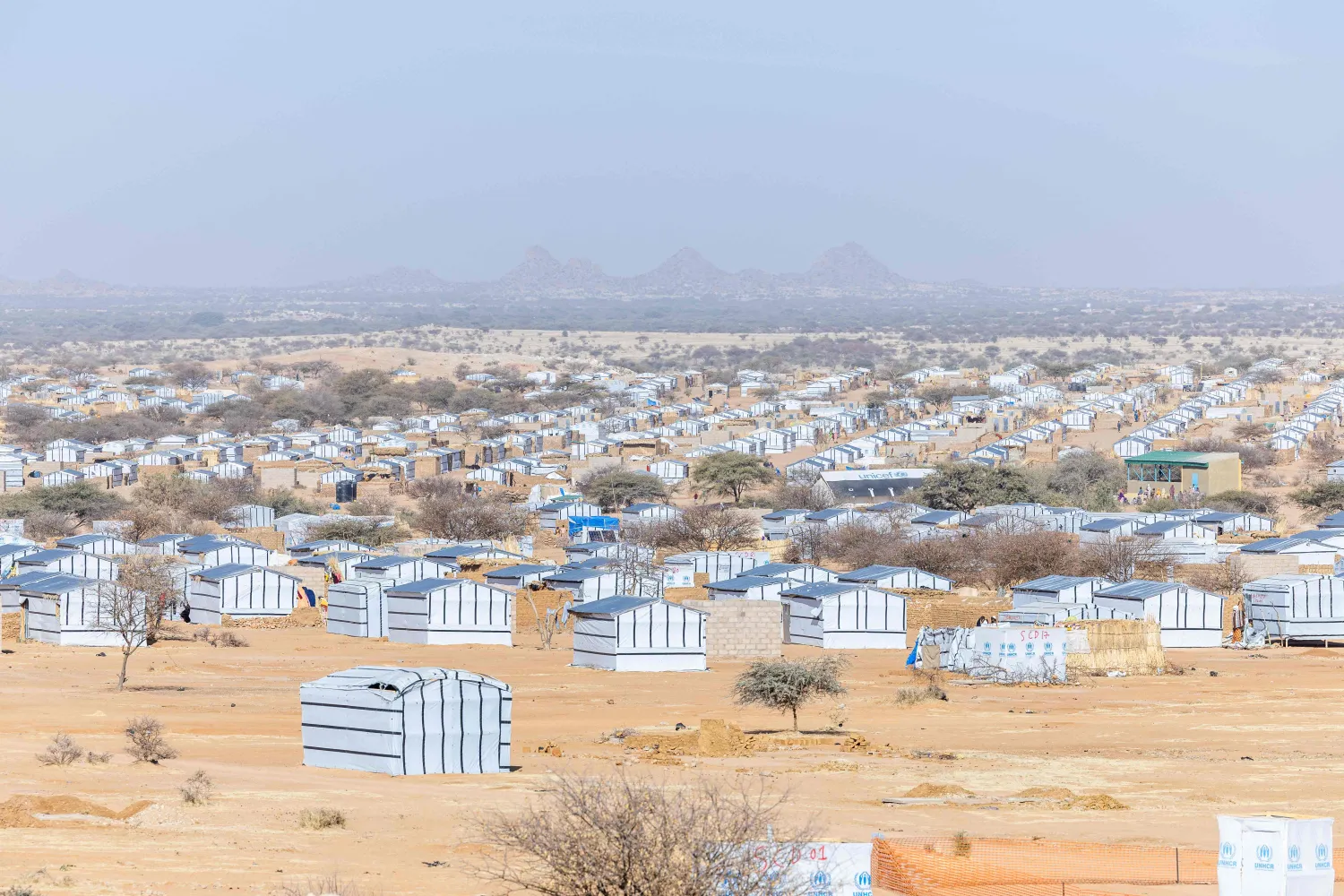Saudi Minister of Foreign Affairs Prince Faisal bin Farhan bin Abdullah joined a United Nations Security Council (UNSC) session on "The Situation in the Middle East, including the Palestinian Question" in wake of the Israeli attack on Gaza.
The session convened upon an invitation by Brazilian Minister of Foreign Affairs Mauro Vieira; Brazil holds the presidency of the UNSC during the month of October.
Prince Faisal made a clear statement, condemning the targeting of civilians by any party and said: "The Kingdom has called for an immediate cessation of escalation, an end to bloodshed, the release of hostages, and compliance with international agreements and laws."
"The Saudi leadership has made intensive efforts to engage with sisterly and friendly nations to find an urgent and practical solution to halt the escalation and put an end to the cycles of deadly violence," he added.
“We are deeply disappointed by the international community's failure to address what should be shared humanitarian principles, international laws governing the relations and peaceful coexistence of nations and communities, its incapacity to take the necessary actions to address the dire situations, and its abandonment of innocent civilians in Palestine,” the minister said.
He underscored the fact that the Palestinian people in Gaza Strip are suffering from a blockade, continuous escalation by the Israeli war machine, and continuous targeting of civilian facilities, such as schools and hospitals, and infrastructure, and these acts have claimed the lives of thousands of innocent people, including women, children and the elderly, and led to the injury of thousands of civilians.
He added: "What we have witnessed is the international community's negligence so far to work to immediately stop the collective punishment carried out by the Israeli war machine against the people of Gaza and attempts at forced displacement that will not bring us any closer to the security and stability that we all seek."
The foreign minister urged the Security Council to assume the responsibilities for which it was established, and the international community to take a firm and serious stance to halt Israeli violations in a way that guarantees the protection of civilians, ends the siege, and ensures the rapid entry of humanitarian and relief aid, such as food, water, and medicine, to avoid a humanitarian catastrophe and prevent the expansion of the conflict and endangering regional and international security.
He added: "The incapability of the Security Council to carry out its assigned role in maintaining international peace and security, and its failure to reach a resolution that addresses this crisis, in the shadow of the current Israeli violations of international conventions, including international humanitarian law, prompts us to question the reliability of international legitimacy mechanisms, the credibility of their defenders, and their ability to achieve peace.”
The minister pointed to the dangerous consequences that go beyond the current crisis, to the double standards and selectivity in adhering to UN laws and resolutions, stressing that this affects the legitimacy of international law and system as a whole, a matter that will have a negative impact on everyone’s ability to maintain international peace and security.
He stressed that the continuation of successive cycles of violence is a result of the international community’s failure to play its role towards the Palestinian issue over the past decades, is the dire effect of not achieving compliance with the relevant UN resolutions, adding that ignoring the causes of the Palestinian-Israeli conflict will not lead to a just solution to the Palestinian issue nor achieve security and peace in the region, as this requires an end to the Israeli occupation and serious action to support efforts to revive a credible peace process.
Prince Faisal said: “We are working for a better future for the region, and we look forward to seeing its people enjoy peace, which we believe will contribute to achieving prosperity for all. Achieving peace in the Middle East is an essential requirement to ensure a better future for the peoples of the region and its future generations.”
The panel was attended by Undersecretary of the Ministry of Foreign Affairs for Political Affairs Dr. Saud Al-Sati, and the Kingdom’s Permanent Representative to the United Nations in New York Dr. Abdulaziz Al-Wasel.
Prince Faisal later received a telephone call from the Minister of Foreign Affairs of Romania, Luminita Odobescu.
They discussed the danger of the continued military escalation in Gaza and its surroundings.
The also underlined the importance of intensifying communication with the international community through bilateral and multilateral relations to find a just, comprehensive, and equitable solution that guarantees the rights of the Palestinian people and alleviates the humanitarian crisis in a way that contributes to protecting civilians and ensure a steady flow of relief aid and medical equipment.
The ministers discussed bilateral relations and ways to enhance them to serve the aspirations of their countries.









